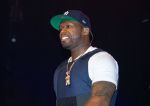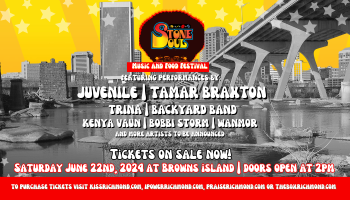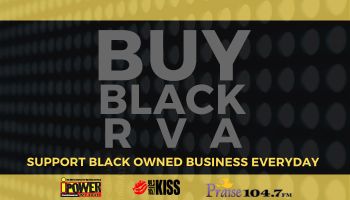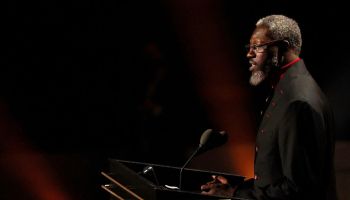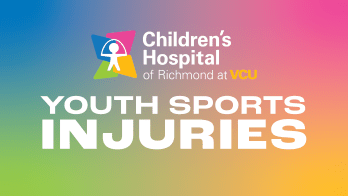Should black music incorporate politics or are artists allowed to create art simply for art’s sake? We’ve all had this discussion at one point or another. Whether you advocate for or against a fusion of the two, or haven’t yet decided where you stand, the fact that contemporary dancehall music often includes wildly homophobic lyrics must certainly have you feeling one way or another. In his article entitled Murder Music, Ilan Greenberg investigates what Jamaicans themselves have to say for the music, in addition to breaking down the origins of the genre, allowing you the reader to gain new context for your own views on this debate.
MURDER MUSIC
Written by Ilan Greenberg, December 2010
Jamaica’s dancehall music is being blamed for the country’s violent attacks on gays. But there are many who don’t see the music as homophobic, only the battle cry of a changing nation. Read part 2 of this article here.
On a breezy evening in mid-April a committee boasting some of Jamaica’s most venerable citizens convened an open-air meeting under the auspices of the department of government at the University of the West Indies. After almost a year and a half of sifting through charts and listening to old vinyl recordings, the committee co-chairmen, which included the president of Jamaica’s National Gallery and a former finance minister, presented to several hundred members of the public their list of the top one hundred Jamaican songs. Pandemonium ensued.
Audience members objected to the choice for number one song, “One Love,” Bob Marley’s sweet paean to togetherness, as being too saccharine. People jammed the open microphone to point out the under-representation of female artists. Others testily questioned why so few of the chosen top songs reflected reggae’s subversive, anti-establishment politics. Several people demanded a more transparent process. But the most passionate complaint from the crowd—which included members of the media, faculty in the university’s department of reggae studies, music industry figures, and ordinary music fans—was voiced over and over again from younger members of the audience: Where on this top one hundred list were the dancehall songs?
Dancehall is a beat-heavy, lyrically-dense, energetic, and synthesizer-driven music that has much in common with American hip-hop. It evolved in the early nineteen nineties out of the classic reggae of Bob Marley and Jimmy Cliff—the often feel-good, reefer-party music championing the Rastafarian visions of social justice and pan-African celebration, which had powered Jamaica to worldwide recognition in the nineteen seventies and had catapulted Jamaican musicians into the far reaches of global iconography.
Surging in popularity worldwide, dancehall acts routinely fill venues like Madison Square Garden. The biggest dancehall performers sell out their U.S. concert dates within minutes. In Japan some forty thousand fans roar to the beat of dancehall acts in a sold-out stadium concert staged every September. Dance moves pioneered by dancehall fans frequently turn up in the videos of American hip hop stars.
But dancehall is hugely controversial—inside and outside Jamaica. Detractors echo many of the same complaints voiced against American hip-hop, including that the music promotes misogyny and violence. But the brief against dancehall far exceeds criticism inveighed against any other genre of popular music. Dancehall is a crucible for Jamaica’s irreconcilable notions of class and masculinity and identity. Most of all, dancehall is accused of fomenting vicious anti-gay violence.
But none of the judges explained the paucity of dancehall in the list by citing the social upheaval, foreign disapprobation, or controversy surrounding dancehall. To explain dancehall’s under-representation on their top one hundred, judges instead invoked their own personal tastes and the need for recent music to endure the test of time. During the audience Q&A, one man in his twenties leaned forward into the microphone as if he were about to break into song himself, his hands wrapped around the lapel of his linen sports coat. “You cannot ignore dancehall,” he lectured the judges. “It is the soul of the Jamaican street. We respect our roots but it is not what is alive right now. You cannot wish us away.”
CONTINUE READING AT GUERNICA MAG
Murder Music was originally published on giantlife.com


